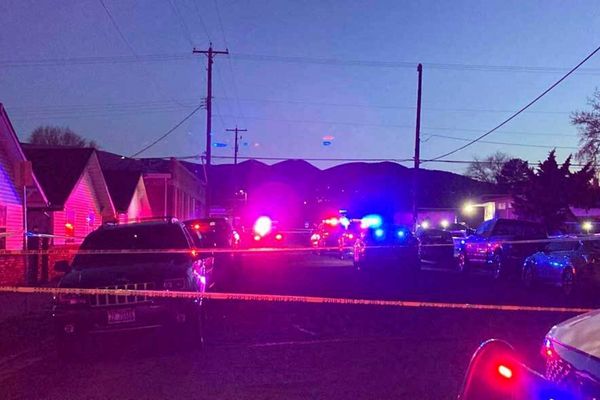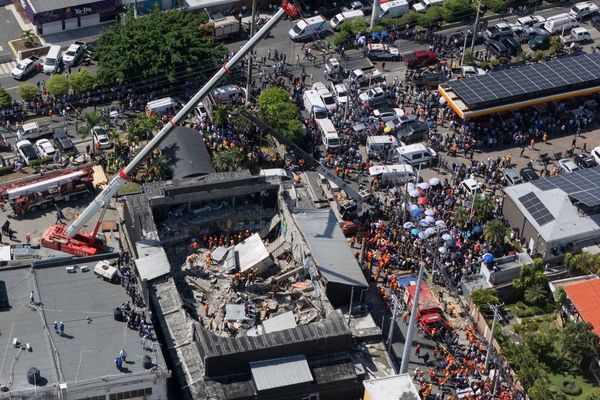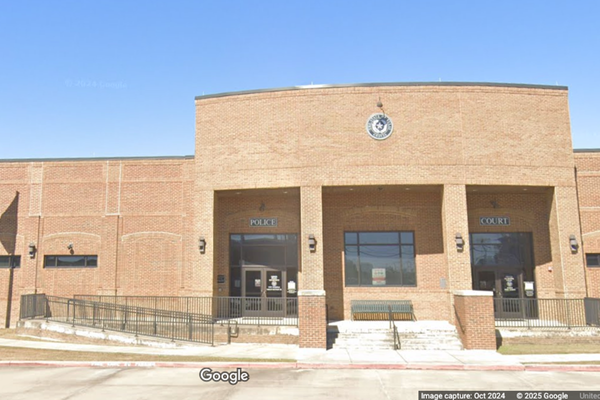
Ukrainian counteroffensive going slow but could yet pay off
The first casualty of the Ukrainian counteroffensive was wishful thinking, Julian Borger wrote this week. Any hope that Russian troops would abandon their trenches and flee has now been left far behind on the battlefield.
The occupying forces held firm and have mostly kept their discipline in the first seven weeks, absorbing one attack after another, often counterattacking to recover lost ground, and mounting offensives of their own in Luhansk and other spots on the frontline where they sensed weakness.

Initial Ukrainian assaults got mired in dense, overlapping minefields. For all the focus on the delivery of Leopards and other western tanks in the run-up to the launch of the offensive on 4 June, Ukrainian armour failed to provide the clenched fist needed to breach the lines.
Putin aiming for ‘global catastrophe’ with strikes on grain facilities

The Ukrainian president, Volodymyr Zelenskiy, has accused Vladimir Putin of trying to trigger a “global catastrophe” and the collapse of global food markets after Russian night strikes against a grain silo and loading facilities at an inland port on the Danube River. Drone attacks early on Wednesday hit Izmail, Ukraine’s main inland port which is across the Danube from Romania, triggering a spike in global grain prices.
Several buildings in Izmail were destroyed, halting the loading of ships that were being used to sidestep a de facto blockade on Ukrainian food exports Russia imposed in mid-July, when Moscow left a UN-brokered grain export arrangement and started targeting Ukrainian grain storage and export infrastructure.
The Ukrainian government said 40,000 tonnes of grains, which had been destined for countries in Africa as well as China and Israel, had been destroyed. Julian Borger and Daniel Boffey wrote this story.
On Thursday, the EU’s foreign policy chief wrote to G20 ministers urging them to help Brussels persuade Putin to reopen the route. In a letter seen by the Guardian, Josep Borrell warned that Russia’s decision to walk out of the Black Sea Grain Initiative last month was risking the lives of children and others in war-torn countries and conflict zones.
He urged the international community to speak on the issue “with a clear and unified voice,” adding: “We owe it to the people most in need.”
Drone hits Moscow tower housing ministries for second time

A high-rise building in Moscow housing Russian government ministries was hit by a drone for the second time in three days on Wednesday, the city’s mayor said, as a Ukrainian presidential adviser said the Kremlin should expect more drone attacks and “more war”.
The Russian defence ministry said two drones were destroyed by air defence systems in the Odintsovo and Naro-Fominsk districts near Moscow in a fresh wave of attacks on Tuesday, while it claimed a third was jammed and went “out of control” before it crashed in the Moscow City business district, a cluster of glass skyscrapers that was built to show Russia’s growing integration into world financial markets. The ministry blamed Ukraine for what it called an “attempted terrorist attack”.
Photos and video showed that a drone had ripped off part of the facade of a modern skyscraper, IQ-Quarter, 3.4 miles (5.5km) from the Kremlin, which houses staff from several ministries, including Russia’s ministry of digital development, communications and mass media.
Deadly strikes on Kryvyi Rih and Kherson

A Russian missile attack on a residential building in the city of Kryvyi Rih killed six people and wounded 73, Ukrainian officials said on Monday, as the Kremlin played down Sunday’s drone attack on Moscow.
Zelenskiy described the latest strike against Kryvyi Rih – the industrial city where he grew up and where his parents continue to live – as an act of Russian terror.
Four people were also killed and 17 wounded in a day of intense Russian bombardment on the southern frontline city of Kherson. Andriy Yermak, the head of Zelenskiy’s office, said the attacks were on civilian neighbourhoods. Pjotr Sauer reported this story.
IOC issues invitation to disqualified Ukrainian fencer

The International Olympic Committee (IOC) has issued a special invitation to a Ukrainian fencer to take part in the Paris Olympics next year, after she was disqualified from a tournament for refusing to shake hands with her defeated Russian opponent.
The IOC president, Thomas Bach, a former Olympic champion fencer himself, wrote in person to Olha Kharlan to make a “unique exception” to Olympic qualifying procedures, Julian Borger reported, in an unusually emotional letter.
“As a fellow fencer, it is impossible for me to imagine how you feel at this moment,” Bach said. “The war against your country, the suffering of the people in Ukraine … all this is a rollercoaster of emotions and feelings. It is admirable how you are managing this incredibly difficult situation, and I would like to express my full support for you.”
Top US adviser to attend Saudi talks in bid to attract support for Ukraine plan

Jake Sullivan, the US national security adviser, is expected to attend a meeting in Saudi Arabia this weekend at which Ukraine and its allies will try to persuade countries from the global south to back Kyiv’s proposals for ending the war, Julian Borger reports.
According to officials involved in planning for the meeting, it is primarily aimed at drawing neutral countries such as Brazil and India off the fence in their approach to the Russian invasion.
The meeting has been called by Ukraine, and it is hoped the Saudi venue might attract Chinese participation, but there is so far no confirmation Beijing will send any representatives. According to the Wall Street Journal, which first reported the planned talks, Saudi Arabia and Ukraine have invited 30 countries, including Indonesia, Egypt, Mexico, Chile and Zambia.
Russia ‘systematically’ forcing Ukrainians to accept citizenship

Ukrainians living in Russian-occupied territory are being forced to assume Russian citizenship or face retaliation, including possible deportation or detention, a new US report has said.
Yale University researchers found that residents of the Luhansk, Donetsk, Kherson and Zaporizhzhia regions were being targeted by a systematic effort to strip them of Ukrainian identity.
Ukrainians who do not seek Russian citizenship “are subjected to threats, intimidation, restrictions on humanitarian aid and basic necessities, and possible detention or deportation, all designed to force them to become Russian citizens,” the report said.
Ukraine’s birthrate plummets in aftermath of invasion

Ukraine’s birthrate has fallen by 28% since the start of the war, according to new data, with 38,324 fewer babies born in the country in the first six months of this year compared with 2021, before Russia invaded.
While birthrates have been declining by 7% per yer since 2015, according to Ukrainian data analytics company OpenDataBot, the drop from 2021 to 2023 is the largest since Ukraine gained independence in 1991. The next steepest drop was in 2015, in the aftermath of Russia’s annexation of Crimea.
This year, the website reports, an average of 16,000 babies were born a month, compared to as many as 23,000 babies born monthly before Russia’s full-scale invasion.







